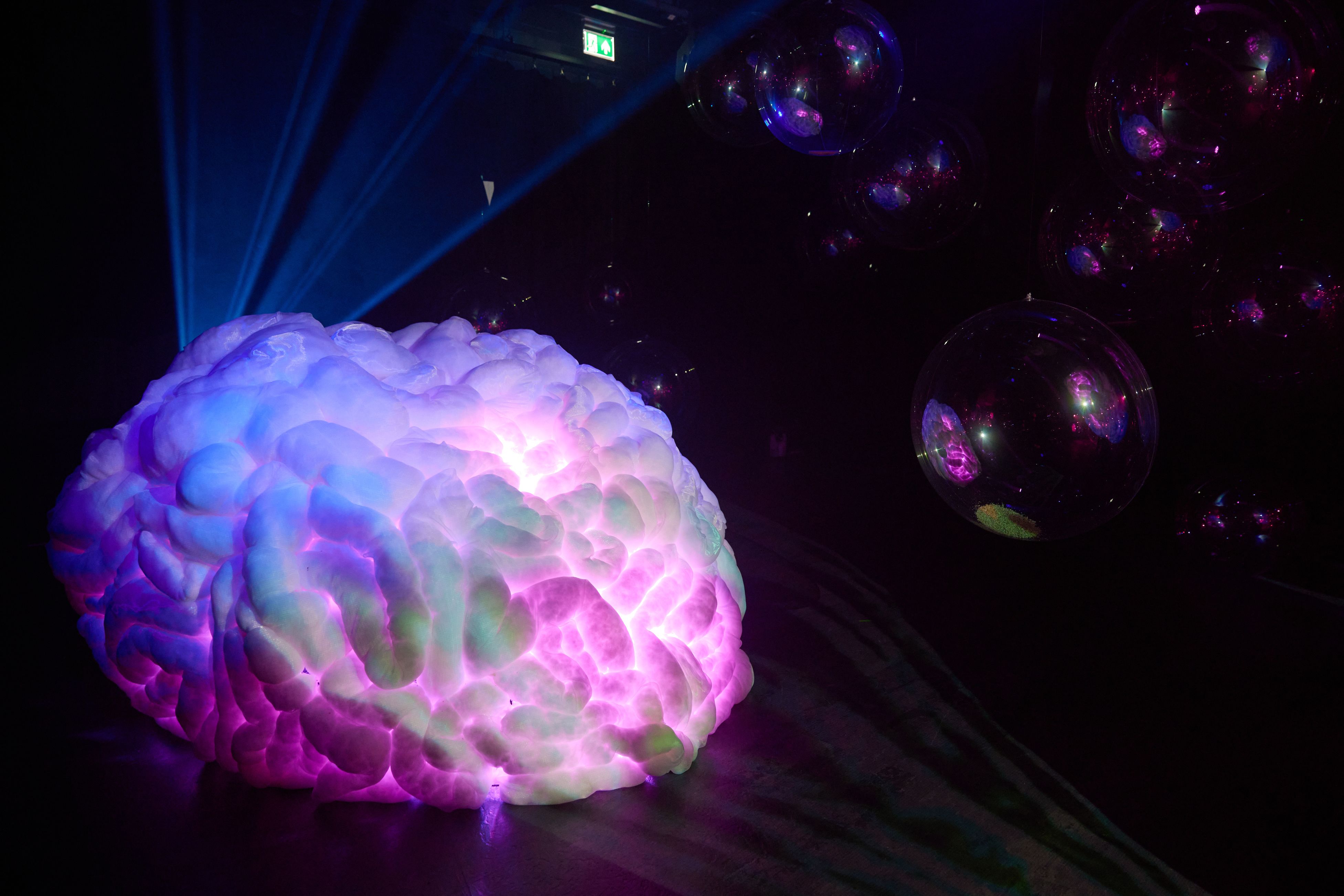Building a business around your brain: A resource guide for neurodivergent creatives

- Written byEmma Wallace
- Published date 25 June 2025

Our entrepreneur in residence, Emma Wallace, guides you through some top tips for building a business when you're neurodiverse.
For many neurodivergent creatives, self-employment provides the freedom. It allows you to work in ways that traditional jobs often don’t allow. But with that freedom comes the responsibility of managing your time, energy, and environment. As well as building a business that doesn’t burn you out. This guide offers key themes to help neurodivergent founders. We want you to create sustainable, values-led businesses that work with your brains, not against them.
Start with self-awareness: your strengths and challenges
Building a business around your brain starts with understanding yourself. Neurodivergent people often have many strengths. For example creativity, deep focus, resilience, innovative thinking and empathy. At the same time, many face challenges. This can be related to executive functioning, energy regulation, sensory sensitivities, or communication. By identifying both your strengths and your challenges early on, you can begin to structure a business that lets you thrive. It’s not about fixing yourself — it’s about finding ways to make your work fit you.
Strategies for self-management and wellbeing
Being your own boss also means being your own manager. That means looking after your wellbeing as part of your business strategy.
Some helpful tools and frameworks include:
Spoon theory and energy management:
Understand how much energy different tasks take and plan your days accordingly.
Emotional regulation:
Learn how to recognise and respond to emotional triggers and overwhelm before they impact your work.
Environmental design:
Curate your physical and digital workspace to meet your sensory and focus needs. This could include noise-cancelling headphones, lighting changes, or setting up low-distraction work zones.
Executive functioning tools:
Use tech to support planning, remembering, and decision-making - such as Trello, Sunsama, voice notes, or AI tools like Notion AI and ChatGPT.
Supporting yourself with the right strategies can help you avoid burnout. It can help you feel more in control, and free up energy for the parts of the business you love.
Communicating your needs and navigating disclosure
It's your choice if you use diagnostic labels or choose to disclose your neurodivergence. Either way, learning to communicate your needs is vital. You might not always need or want to disclose. But, setting clear expectations can create better mutual understanding and reduce stress. This could be for example, around availability, communication preferences, or working styles -
Helpful strategies include:
- Using a “Work With Me” document to outline how you prefer to work.
- Adding simple context to your email footer or onboarding documents. For example “I check emails on Mondays and Wednesdays. I'm dyslexic, so please excuse the occasional typo!”.
- Practising self-advocacy through pre-scripted explanations of needs. For example “I need written instructions after meetings because I process verbal information more slowly. This way I can follow through accurately and stay on track.”.
These approaches can help build trust and strengthen professional relationships. It can make space for you to work at your best.
Your personal brand: aligning with your values
Your personal brand is how you express your values, strengths, and purpose. For neurodivergent founders, it’s a powerful way to work authentically. It’s not about over-disclosing personal information. It’s about clearly and confidently presenting who you are, what you stand for, and why your work matters. When your brand reflects your strengths and lived experience, it connects with people who share your values. This will help you find clients, collaborators, and communities who get you.
Final Thoughts
Being a neurodivergent and creative entrepreneur isn’t about fitting into someone else's way of working. It’s about building a way of working that honours your brain, your energy, and your creativity. That requires inner work to understand your strengths and challenges. Also outer tools: communication, boundaries, and supportive systems. By bringing these together, you can build a business that’s not just sustainable, but meaningful.
If you’d like to explore these themes further, you can find resources on Emma's website or connect with Emma on LinkedIn. Emma offers mentoring and has developed tools and resources. These are designed to help creatives build businesses around their neurodivergent brains.